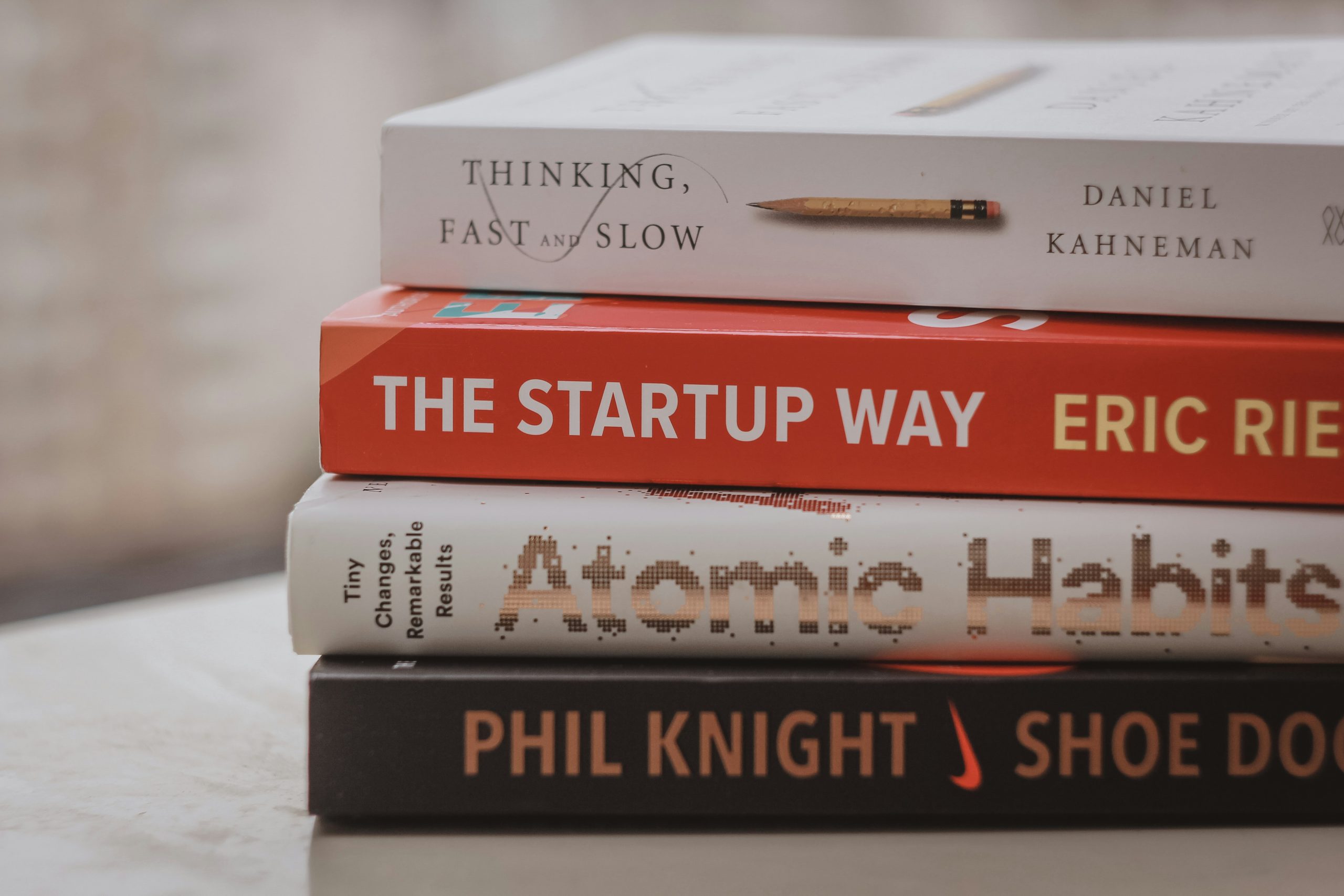By Mike O’Brien |┬á
I recall having a conversation about music with a friend of mine last Summer. ÔÇÿWhat do you think about people who say music saved them?’ she asked, the subtext rich with doubt and bemusement. Ultimately, as with any passion or pursuit, some enjoy more intimate relationships with music than others. But it has certainly saved me.
Having bounced from hospital to hospital, my mental health journey has endured many medications and received many labels, the latest being bipolar disorder. Several winters ago, before I sought help at all, I endured one of the worst depressive episodes of my lifetime. They’re nasty things; they bleed you dry emotionally with bouts of all sorts until all that remains is static; a numbness that seizes the colour and joy in your life, that whispers maddening thoughts in your ear, and saps all animus in your veins to the point that all you can truly feel is gravity’s pull. Everything you do in these periods feels forlorn – especially those things that used to be so much fun – and no matter how impermanent these episodes may be, the drought feels endless. Yet, I will never forget wandering aimlessly in one of my favourite games, The Elder Scrolls V: Skyrim, when Journey’s End by Jeremy Soule started playing.
Curiously, I had loved this soundtrack for years by this point, and must have heard this particular piece ninety-nine times before. But something about the hundredth time erupted my synapses for reasons unknown, and this energy bled into everything else. Parts of the game that I had played for dozens of hours and seen a million times over became suddenly incredible. The flowing streams, the howling wolves, the towering architecture of civilizations lost to time; I could not believe how greatly hearing this music at the right time had elevated my appreciation of life. On that same December afternoon, I shut off the game and walked to a field near my home where the fog obscured everything around me but acres of frozen grass and a cold abyss. I remember having such joy at just feeling the bite of the cold; at the time, it had seemed impossible to feel anything at all.
Now, whenever I hear Journey’s End, I remember why I continue to persevere – and I am not alone. Everyone, even the most passive of listeners among us, has that song that means something profound to them. In that respect, music is something human, a sonic assembly of the self that can articulate complex emotions in our time of need, and our pathfinder in a dizzying emotional landscape for those too weary to find the way. It is an extension of us, of our wisdom, and of our pain.
Perhaps music’s power to speak volumes explains why decades since their demise, bands like The Smiths and Joy Division remain timelessly relevant and reach so many. Ian Curtis, with his morbid lyrics and pained vocals depicts the undepictable horror of isolation and mental illness. Likewise, Morrissey, in a decade of bombast and smothering vibrance, dares to be grey and aloof, to confront the demons in the dark that dance can’t vanquish. This music gives a voice and community to society’s quiet rebels, to those whose incongruity with convention might otherwise leave them feeling alien and disaffected.
The sheer solidarity capable in music affords it the power to mobilise us towards pursuits greater than ourselves. Indeed, in its well-documented history, music has fought on the frontlines as a vehicle of social change. In the late 18th century, during the dark age of the American slave trade, the subjugated Africans would sing songs to communicate with nearby slave units. But it was more than just a morale function: it’s believed that Harriett Tubman, the conductor of the Underground Railroad which saved an incalculable number of slaves, used Wade in the Water to strategic avail. The line ÔÇÿwade in the water, wade in the water children’ allegedly instructed slaves to use water to clean their scent with the purpose of evading slaver dogs.
Fast-forward a few centuries and you’ll find music is still fighting the good fight; the late 1980s saw the inception of gangsta rap, a subgenre of hip-hop famous for its use of disruptive sound and seditious lyricism to express the harsh nature of black America’s urbanity. Most famously, rap artists like NWA and founding member Ice Cube took America by storm with records like Fuck Tha Police which confronted police brutality against African-Americans. Fuck Tha Police, whose irreverence amassed so much notoriety that even the FBI tried (and failed) to prevent stations from playing it, has come to typify early gangsta rap – but in fact, artists like Geto Boys and Grandmaster Flash approached the medium less confrontationally to create haunting accounts of life in black America.
In the present day, songs like Childish Gambino’s This is America, Lady Gaga’s Born This Way, and A Tribe Called Quest’s We The People, have the power to propel social issues into the limelight. However, with great power comes great responsibility. Music may mobilise but it does so without discretion or discrimination; whether it espouses brotherhood or bloodshed is our determination. In violent times and spaces, it can tempt fatal consequences. Indeed, the tribalism and conflicts permeating the gangsta rap scene in the 1990s saw the lives of Christopher Wallace (Biggie Smalls) and Tupac Shakur ended in their prime. Elsewhere, the early history of Norwegian black metal is written in blood; devout anti-Christians and misanthropists, these bands adopted the values of satanism and embraced evil in its purest form. They burned churches, murdered animals, and according to some civilian reports, went as far as sacrificing children. As feuds emerged within the scene, civil discord ended in murder and arson against their own.
Be it a curative power for the emotionally impaired, the rallying cry of an oppressed people, or a magic bullet for the feeling-deprived, music is a hurricane. Though morbid to say, even its darkest hours offer food for thought. Music, like us, is imperfect. It is a product of all humanity, not just the parts we like to think represent us, and in that sense, it is perhaps our truest testimony. In the words of Neil Morrissey: ÔÇÿPerfectionists are boring; the real creative heart is in the mess somewhere.’


